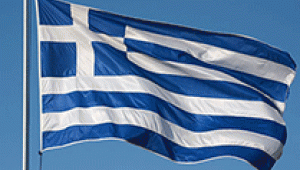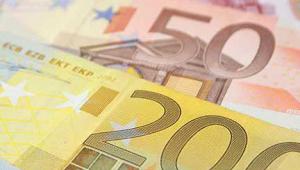According to reports in German business daily Handelsblatt Global on Sunday, which cited EU officials, eurozone countries will refuse to release the cash because Athens has passed just two of the 15 required reforms, with progress especially slow in regards to privatising state assets.
The funds are part of a deal signed last year between Greece and its fellow eurozone countries, under which Greece will get €86bn from the European Stability Mechanism by 2018 in exchange for reforms demanded by creditors.
The first €10.3bn tranche was approved this spring and, so far, €7.5bn has been released. Eurozone finance ministers were due to agree to disburse the rest at a meeting in Bratislava later this month.
PF International understands that the Eurogroup is awaiting reports on Greece’s reform progress from the European institutions involved in the deal – the ESM, the European Central Bank and the European Commission.
According to Handelsblatt Global, the finance ministers will discuss progress at the Bratislava meeting, and could put the much-needed payment on hold for the rest of the year.
The bailout requires a raft of yet more unpopular austerity measures for Greece, including cuts, tax increases and pension reductions.
Last week, Greek finance minister Euclid Tsakalotos warned that the country’s next payment could be delayed because it had failed to meet the conditions, but only “for days, not weeks”.
Talks around restructuring Greece’s debt mountain, which stands at 176% of GDP, are due to start at the end of the year, although discussions on debt relief will not begin until the end of this bailout in 2018.
The International Monetary Fund has refused to participate in the third rescue programme, and called for earlier long-term debt relief for the country.













